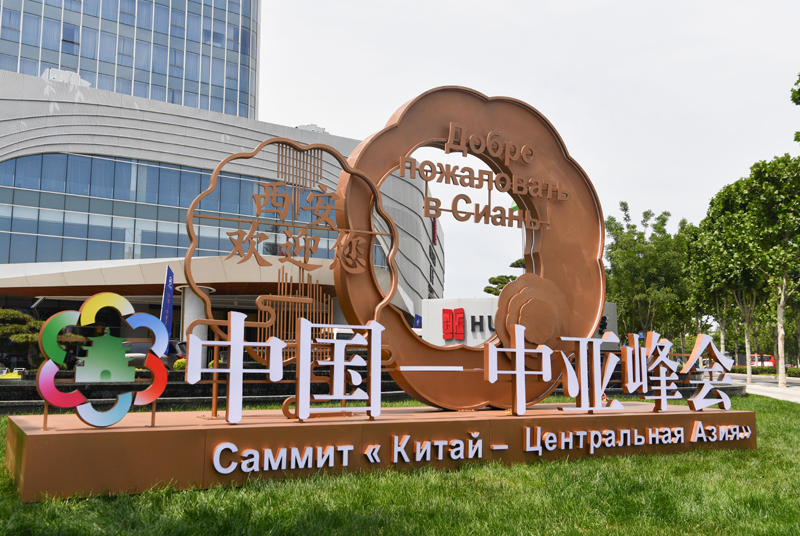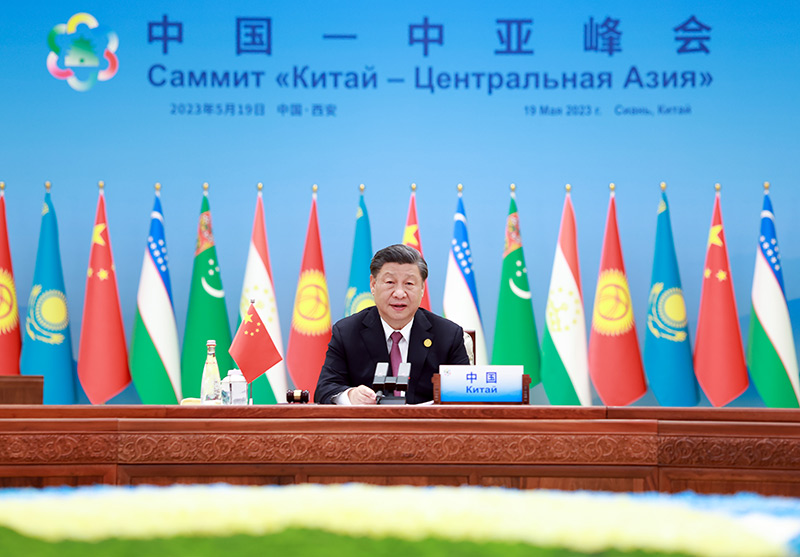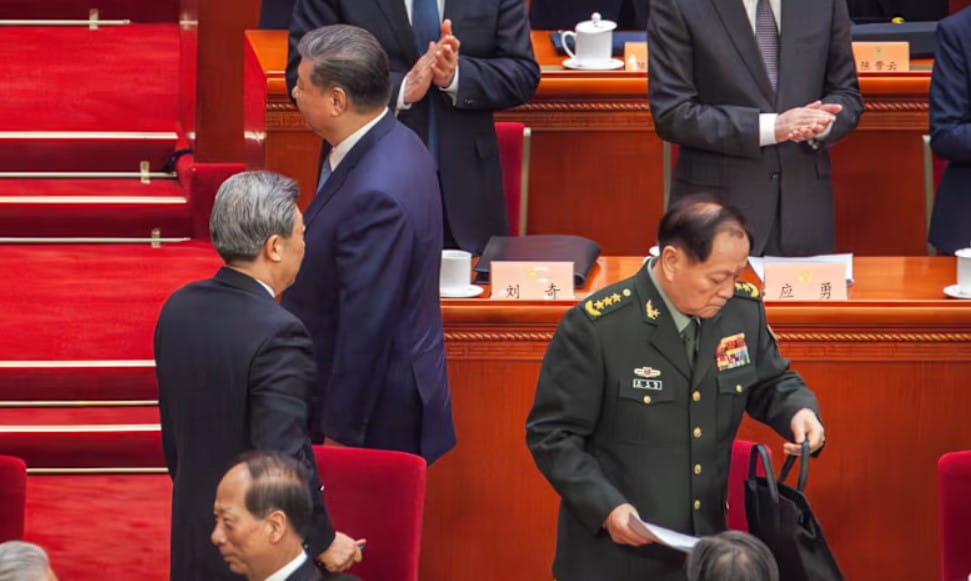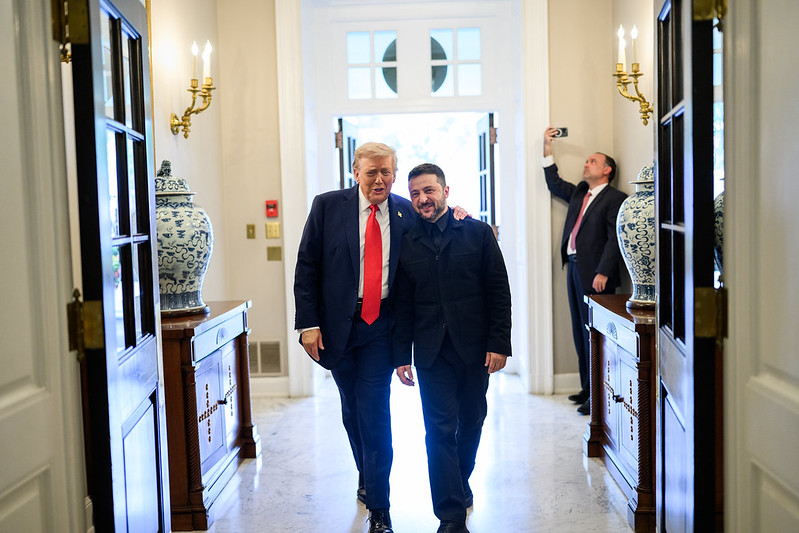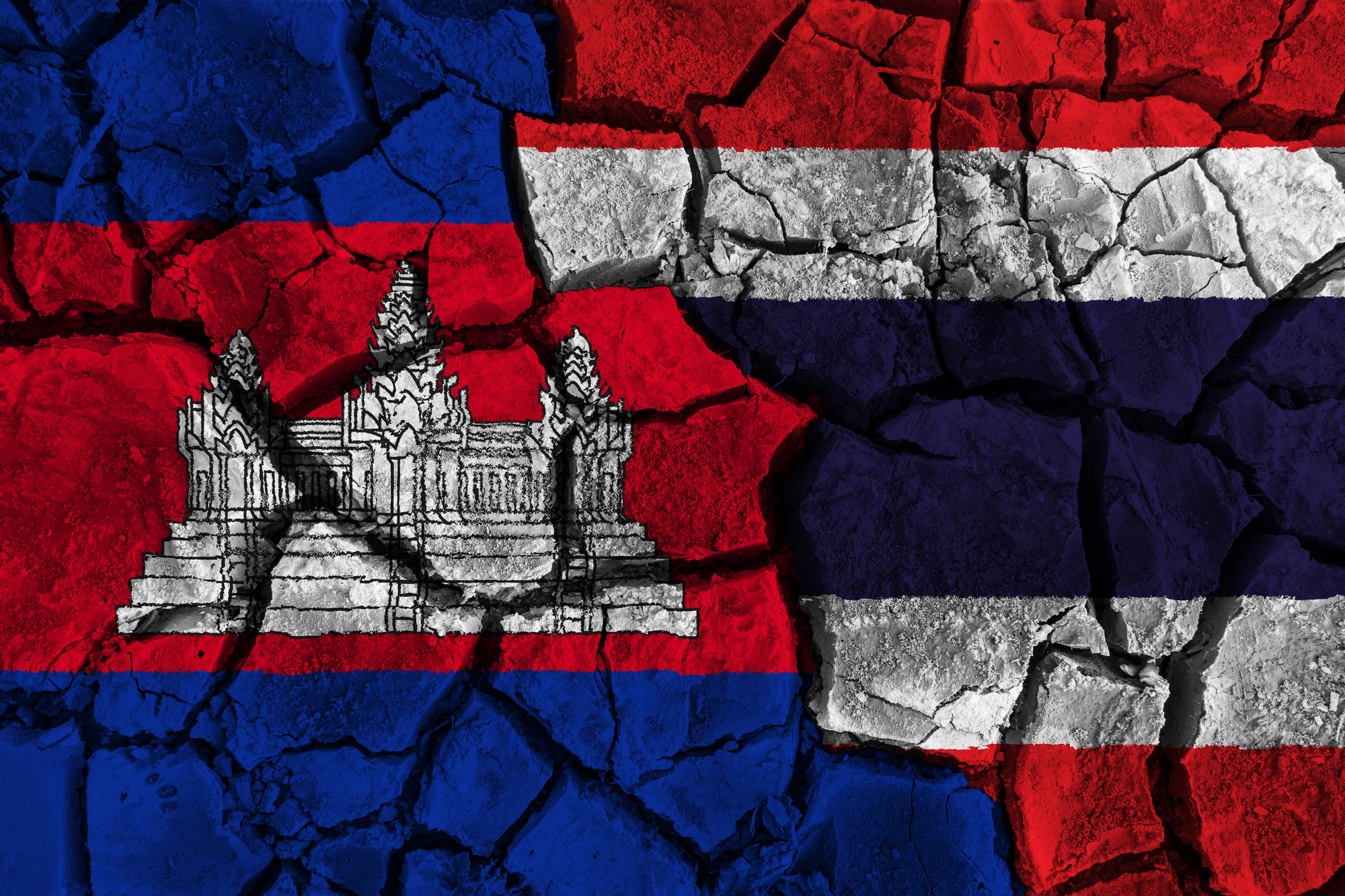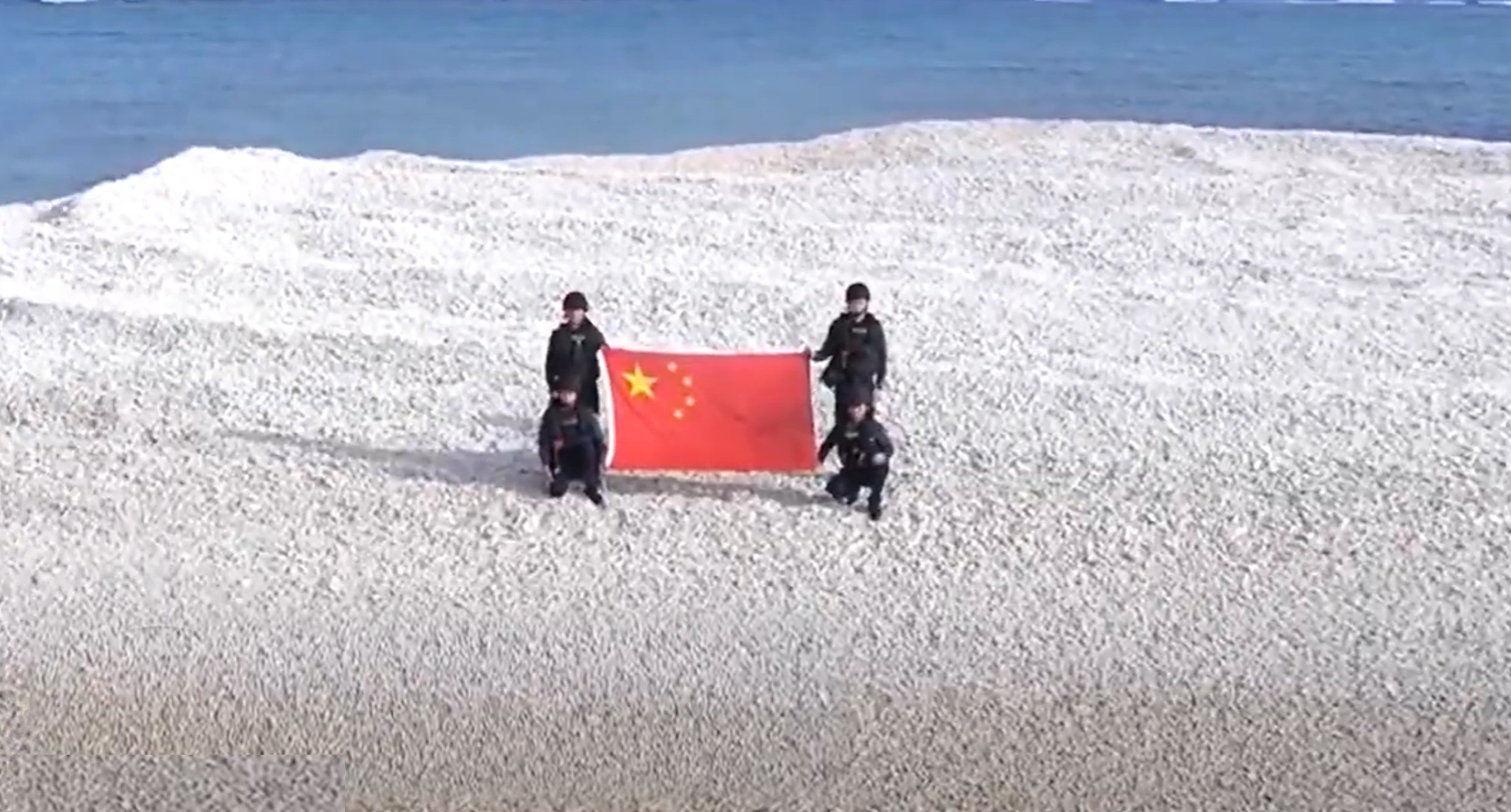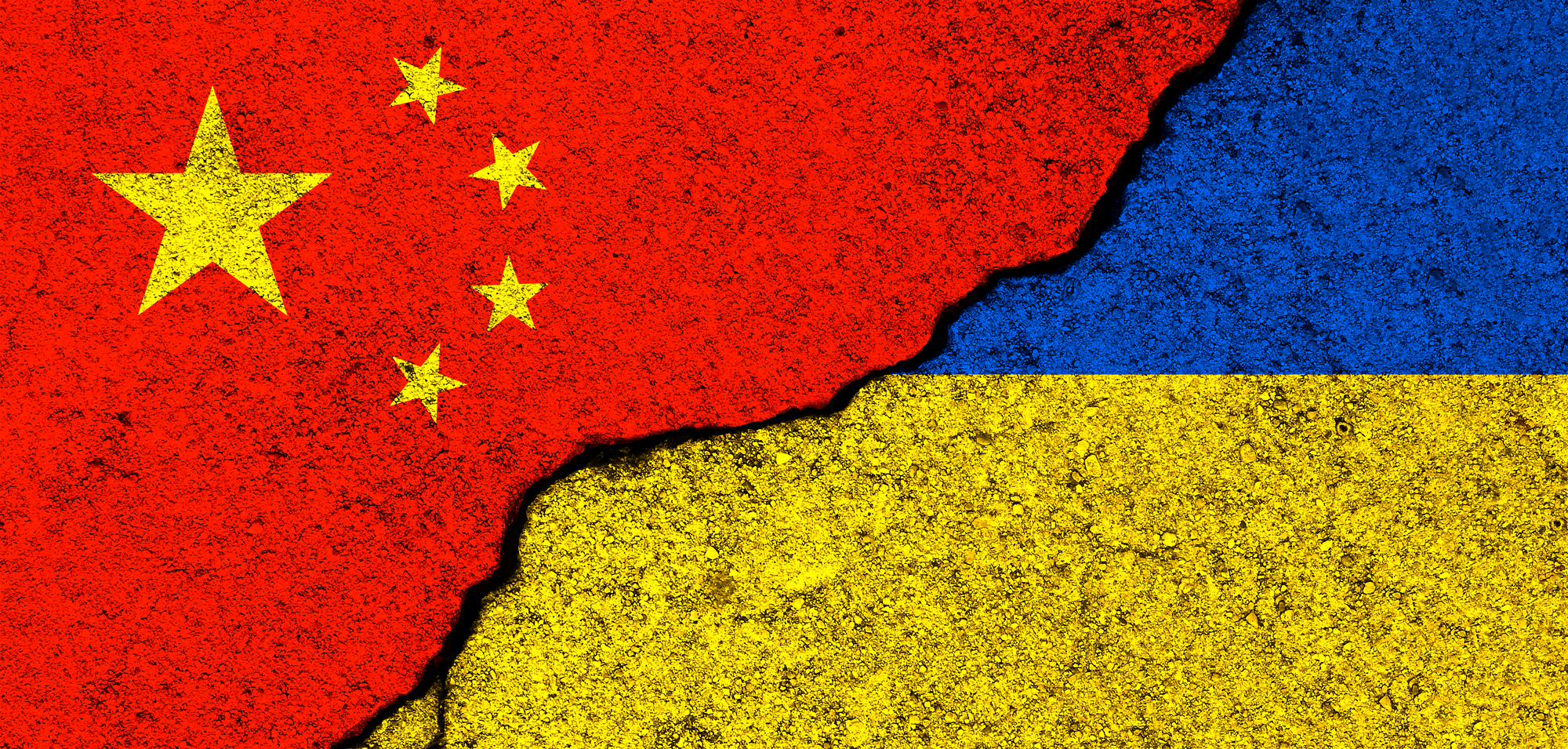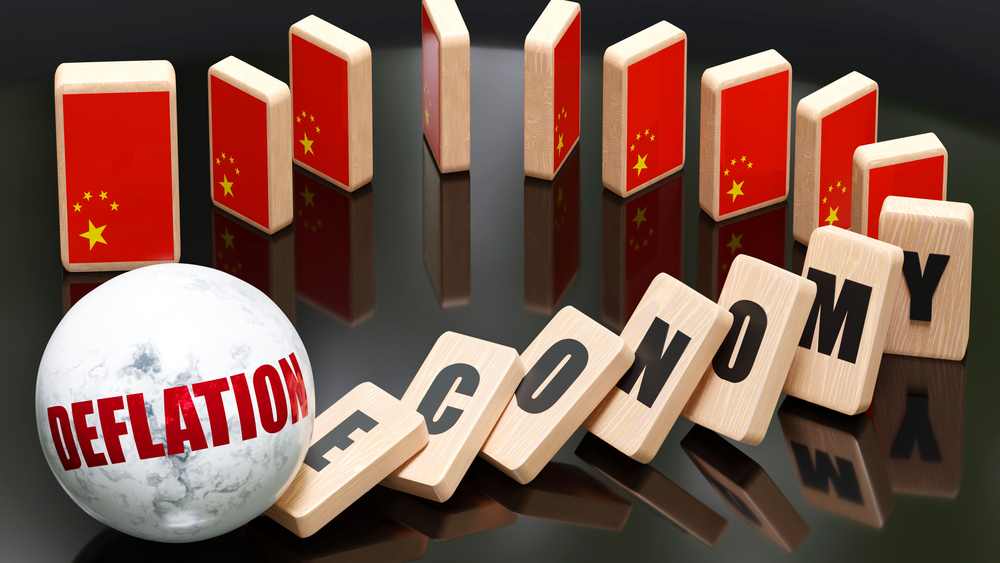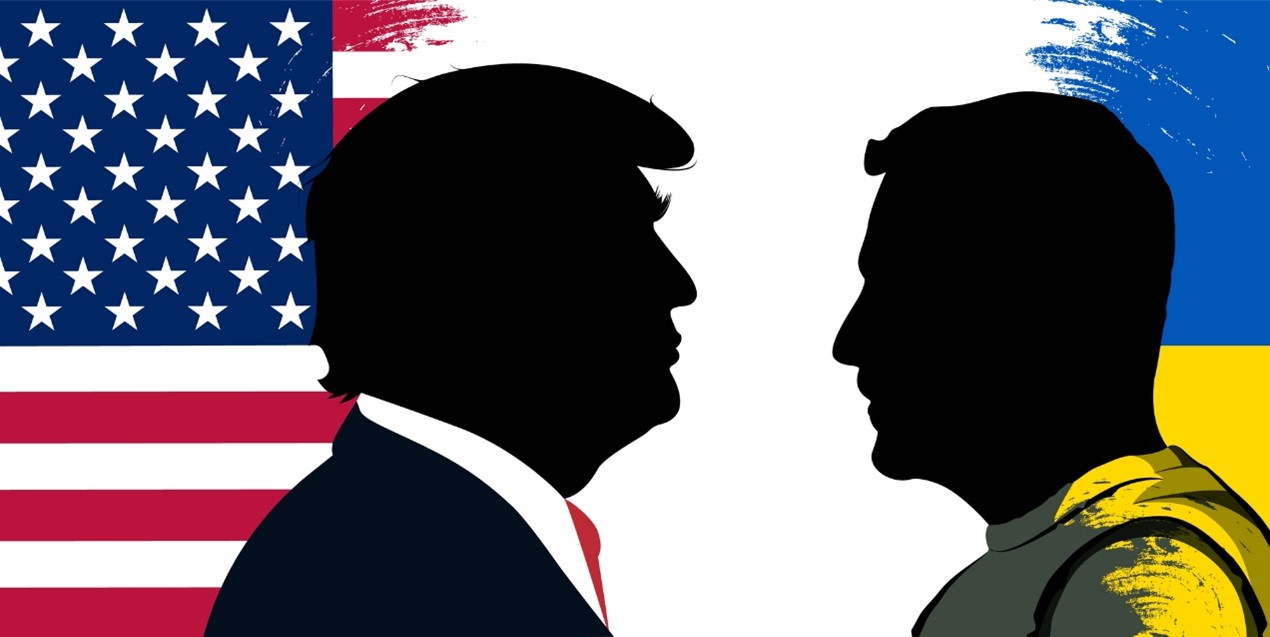The China-Central Asia Summit and Sino-Russian Geopolitical Competition in Central Asia
The China-Central Asia Summit will not only affect the geopolitics of Central Asia, but will also affect Sino-Russian relations. Despite this, China and Russia will continue to cooperate in the short term against their main enemy, the United States. Still, Russia will not easily give up its Central Asian backyard. Picture source: PRC.gov, May 17, 2023, PRC.gov, http://big5.www.gov.cn/gate/big5/www.gov.cn/yaowen/liebiao/202305/content_6874271.htm.
The China-Central Asia Summit and Sino-Russian Geopolitical Competition in Central Asia
Prospects & Perspectives No. 30 June 5, 2023
By Shiau-shyang Liou
The China-Central Asia Summit hosted by China in Xi’an on May 18-19, 2023, was not only the first summit to be held in person since the establishment of diplomatic relations between China and the five Central Asian states 31 years ago, but also the first major diplomatic activity hosted in China this year. After the summit, the leaders of the six countries signed the “Xi’an Declaration of the China-Central Asia Summit” and Chinese leader Xi Jinping announced China would provide 26 billion yuan in financial support and free assistance to the five Central Asian states through the “Grand Development Plan.”
Commentators have argued that this development was possible due to Russia’s lack of attention to the region amid the Russo-Ukrainian war, giving China the opportunity to expand its influence in Central Asia. Moreover, since the China-Central Asia Summit and the G7 Hiroshima Summit were held at the same time, the outside world also believes that China intended to compete with the G7 countries by holding the China-Central Asia Summit.
Although there is some basis to such views, the facts point to other considerations as well. China and Russia are still the most influential countries in Central Asia. Therefore, the China-Central Asia Summit will not only affect the geopolitics of Central Asia, but will also affect Sino-Russian relations. Despite this, China and Russia will continue to cooperate in the short term against their main enemy, the United States. Still, Russia will not easily give up its Central Asian backyard.
China Takes Advantage of the Russo-Ukrainian War to Expand Its Influence in Central Asia
In the list of achievements released by China after the summit, most of the projects mentioned are the continuation of China’s past cooperation in Central Asia, such as a “China-Central Asia Community with a Shared Future,” the “Belt and Road Initiative,”energy cooperation, anti-terrorism security cooperation, economic and trade cooperation, and green energy cooperation, arts and cultural exchanges, and many others. These issues were also emphasized in the online summit on the 30th anniversary of the establishment of diplomatic relations between China and Central Asian states in 2022.
However, this year’s summit produced surprising results, namely the establishment of the China-Central Asia Heads of State Meeting Mechanism: the summit will be held every two years, with China on one side and Central Asia countries on the other, and the two sides taking turns hosting the event. Moreover, all parties will accelerate China-Central Asia institutional building, establish a ministerial meeting mechanism in key and priority cooperation areas as soon as possible, and study the feasibility of establishing a permanent secretariat.
These actions may seem ordinary, but they are of great significance. This is because similar mechanisms already existed under the Shanghai Cooperation Organization (SCO) for many years, with which the new ones in Central Asia overlap. The SCO is jointly promoted by China and Russia, and China undoubtedly intends to bypass Russia and the SCO and establish relations with the five Central Asian states at a time when Russia is trapped in the quagmire in Ukraine and has no time to take care of Central Asia. China’s geopolitical ambitions for Central Asia have therefore been fully revealed.
The China-Central Asia Summit Aims to Stabilize China’s Rear in Order to Fully Counter the US Indo-Pacific Strategy
The proximity in time of the China-Central Asia Summit with the G7 Hiroshima Summit makes it easy to suspect that China deliberately aimed to compete with the G7 summit. However, this is only a coincidence. After all, the weight of the five Central Asian states cannot be compared with that of the G7 countries. Even if the five Central Asian states are willing to cooperate with China against the G7, the role they can play is limited.
Furthermore, the positions of the G7 countries on China are not consistent. At best, we can only regard the G7 Hiroshima Summit as a move within the U.S. Indo-Pacific Strategy, and the U.S. Indo-Pacific Strategy is the real threat that China worries about. Although the five Central Asian states cannot assist China in countering the U.S. Indo-Pacific Strategy, the convening of the China-Central Asia Summit will still undoubtedly help China stabilize its rear, which in turn will help China counter the U.S. Indo-Pacific Strategy and avoid falling into the dilemma of fighting on two fronts.
China and Russia Will Still Cooperate Against the United States, but Russia Will not Abandon Central Asia
China’s ambitions in Central Asia are naturally not good news for Russia. However, the most important thing for Russia at present is the Ukrainian war. Although Central Asia involves Russia’s economic and prestige interests, the urgency of Central Asia is still not as great as the Russo-Ukrainian war. Furthermore, Russia and China are currently facing the threat of the United States at the same time. The biggest threat to Russia is the eastward expansion of the North Atlantic Treaty Organization (NATO) and the ongoing war between Russia and Ukraine, while the biggest threat to China is containment by the U.S. Indo-Pacific Strategy. Still, China will not be able to replace Russia in Central Asia in the short term.
Therefore, for Russia and China, the most important thing in the short term is to cooperate against the common enemy — the United States. We can expect that Russia will express some dissatisfaction with China on the Central Asian issue, but Moscow will still put the overall situation first and will not be overly hostile to China for the sake of Central Asia. After all, China and Russia still need to cooperate with each other to deal with the common threat. However, once the Russo-Ukrainian war comes to an end, Russia undoubtedly will return to Central Asia and seek to consolidate its sphere of influence in the region.
(Dr. Liou is Associate Research Fellow, Division of National Security Research, Institute for National Defense and Security Research.)


